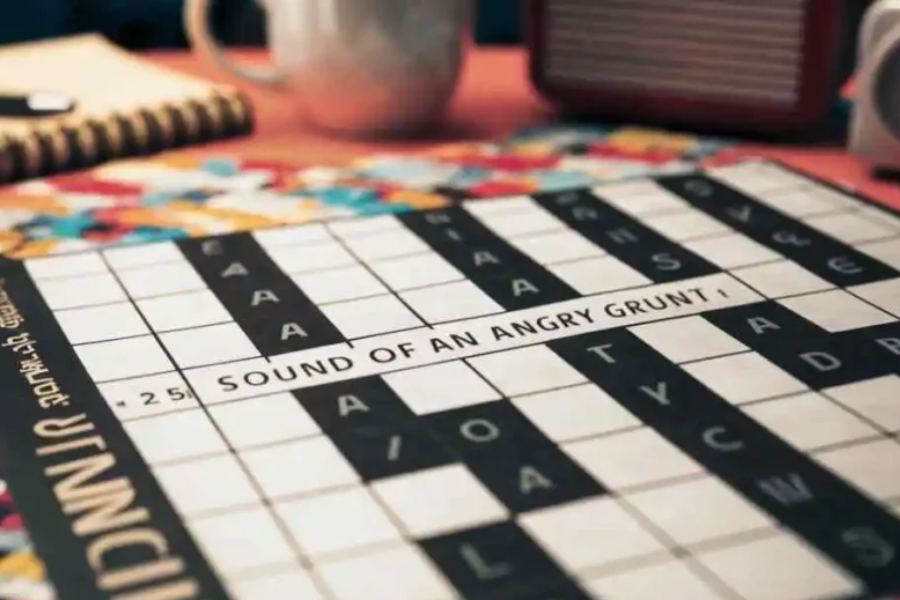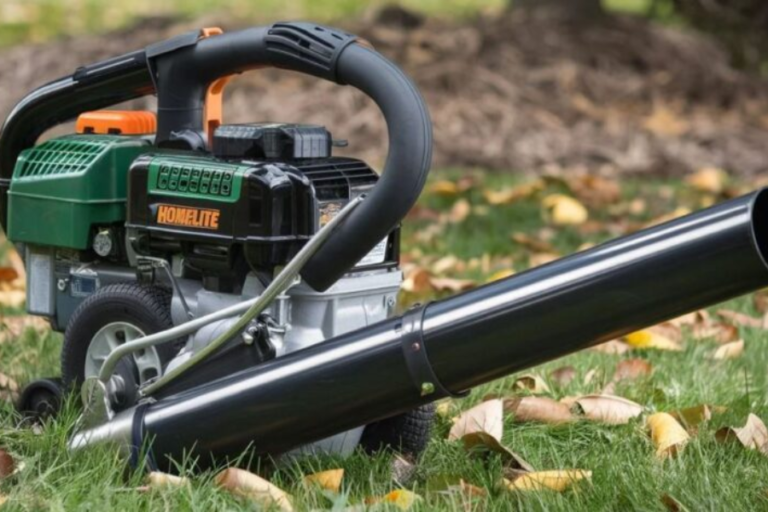Mastering the grunts nyt crossword: A Complete Guide
The New York Times grunts nyt crosswordis renowned for its clever clues and the delightful challenges it presents to solvers. Among these, one clue that consistently puzzles even the most experienced grunts nyt crosswordenthusiasts is the “grunts” clue, often linked with emotions like frustration or anger. In this guide, we’ll delve into the nuances of this clue, helping you not only understand it but also master it, making your grunts nyt crossword-solving experience more enjoyable.
Decoding the “grunts nyt crossword” Clue
When you first encounter the clue “grunts” in a New York Times grunts nyt crosswordpuzzle, you might be inclined to interpret it literally. However, the beauty of these puzzles lies in their abstract nature. The term “grunts” here often refers not just to a vocal sound but to an emotional expression, such as displeasure or frustration.
Instead of thinking of it as a mere sound, consider it a representation of an emotion. The solution might be a word like “GRR” or “SNARL,” which evoke the sense of frustration or irritation rather than simply describing the sound of a grunt. Recognizing this broader interpretation is key to solving such clues.
Common Solutions to the “grunts nyt crossword Clue
When it comes to the “grunts” clue, there are a handful of common answers that typically show up in grunts nyt crossword. These words capture the emotional essence of a grunt. Here are a few examples:
- GRR – A growling sound often used to convey irritation.
- SNARL – A more aggressive version of a grunt, indicating anger.
- HUMPH – A dismissive noise expressing dissatisfaction or mild annoyance.
- UGH – A simple but effective expression of frustration or disgust.
- RUMBLE – A deeper, more intense sound often linked with agitation or anger.
These answers reflect various degrees of frustration and anger. As you solve, the length of the word and the intersecting clues will guide you toward the correct solution. Cross-referencing with other clues can help ensure you’re on the right path.
Strategies for Solving the grunts nyt crossword Clue
grunts nyt crossword
- Pay Attention to Word Length: The number of spaces available in the puzzle grid is a crucial hint. This can immediately narrow down your list of potential answers.
- Think Beyond the Literal Meaning: The word “grunt” might lead you to think only of sounds, but consider the emotions and situations that cause someone to grunt—such as annoyance or frustration. Words that evoke those emotions may be the correct answer.
- Use Cross-Clues: Solving the intersecting clues around the “grunts” clue will often provide valuable letters, making it easier to pinpoint the right answer.
- Experiment with Different Answers: grunts nyt crosswordpuzzles encourage flexible thinking. Don’t hesitate to try out different possibilities until you find one that fits both the clue and the grid.
- Stay Open-Minded: Avoid getting stuck on a single interpretation of the clue too early. There may be multiple valid answers depending on the puzzle’s theme and difficulty.
By applying these strategies, you’ll improve your ability to decode complex clues and tackle even the most challenging puzzles.
Avoiding Common Mistakes
Even seasoned solvers can make mistakes when it comes to grunts nyt crosswordpuzzles. Here are some common pitfalls to avoid, particularly with a clue like “grunts”:
- Jumping to Conclusions: It’s easy to rush and commit to the first answer that pops into your head. However, always make sure it fits both the clue and the surrounding answers before finalizing your choice.
- Ignoring Cross-Clues: The beauty of grunts nyt crosswordpuzzles lies in their interconnectedness. Don’t overlook the value of cross-clues—they can be instrumental in verifying your answer.
- Rushing Through the Puzzle: grunts nyt crosswordpuzzles reward careful thought and patience. Take your time and think through each clue before making a decision.
- Overlooking Word Length: The length of the answer is a critical detail. Make sure the word you’re considering matches the number of spaces in the puzzle grid.
- Sticking to Familiar Answers: While familiar words might seem like a safe bet, be open to exploring more creative or less obvious solutions. The NYT grunts nyt crosswordoften incorporates clever wordplay, so thinking outside the box is essential.
Avoiding these common mistakes will lead to fewer errors and a more enjoyable grunts nyt crossword-solving experience.
Additional Tips for grunts nyt crosswordSuccess
If you’re looking to further sharpen your grunts nyt crossword-solving skills, consider these additional tips:
- Practice Regularly: Solving puzzles frequently will help you recognize patterns, familiarize yourself with common clue structures, and improve your problem-solving speed. Try to solve daily, even if it’s just a small puzzle.
- Expand Your Vocabulary: grunts nyt crosswordoften cover a broad range of topics and vocabulary. Reading widely and learning new words can give you an edge when solving puzzles.
- Break Down Complex Clues: If a clue seems confusing, try breaking it down into smaller parts. Identifying the key elements can make it easier to find the correct answer.
- Use a Pencil: If you’re solving a physical grunts nyt crossword, opt for a pencil instead of a pen. This allows you to easily erase and adjust your answers as needed.
- Collaborate with Others: Solving grunts nyt crosswordwith friends or family can provide fresh perspectives. Others may notice things you missed or approach clues in ways you haven’t considered.
Incorporating these tips into your routine will help you become a more skilled and confident grunts nyt crosswordsolver.
Conclusion
Mastering the “grunts” clue in the New York Times grunts nyt crossword is all about recognizing the nuances of grunts nyt crosswordclues and applying strategic thinking. Whether you’re faced with “GRR,” “SNARL,” or “HUMPH,” the key is to understand that these answers reflect emotions associated with frustration, anger, or annoyance rather than literal sounds.
By avoiding common mistakes, practicing regularly, and staying patient, you’ll not only solve puzzles more efficiently but also find greater enjoyment in the process. With time, even the most challenging clues will become manageable, and you’ll be cracking the toughest puzzles with confidence and skill.






